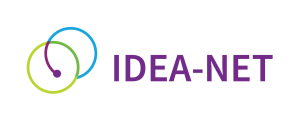University of Liège – Liege, Belgium
The activities that the department has carried out (in the last two years) with regard to equal access/inclusion/diversity are:
- support and counselling for students and university staff;
- lectures, workshops, seminars for students, faculty and non-teaching staff;
- public promotion (e.g. production of media content such as podcasts);
- improving digital accessibility;
- improving physical accessibility.
At this university, individual support and public promotion of information (to reach as many people as possible) are the activities with the greatest impact. The last innovative practise/tool introduced at Liege University when it comes to ensuring inclusion, diversity and equal access was an external audit that was carried out in the Faculty of Law. All infrastructures have been marked out to improve access for people with reduced mobility.
In addition to activities to support inclusion, Liege University implements measures/activities to counter exclusionary and discriminatory practices through binding policy (legislation), strategy/action plan(s), recommendations/guidelines and preventive programmes.

Support service for students with disabilities
Liege, Belgium
IDEA-net: Expanding the network of Inclusion, Diversity, Equity and Access (IDEA) practitioners in higher education through institutional capacity building
Project ref: 2022-1-NL01-KA220-HED-000089789

This project has been funded with support from the European Commission. This website reflects the views only of the authors, and the Commission cannot be held responsible for any use which may be made of the information contained therein.
